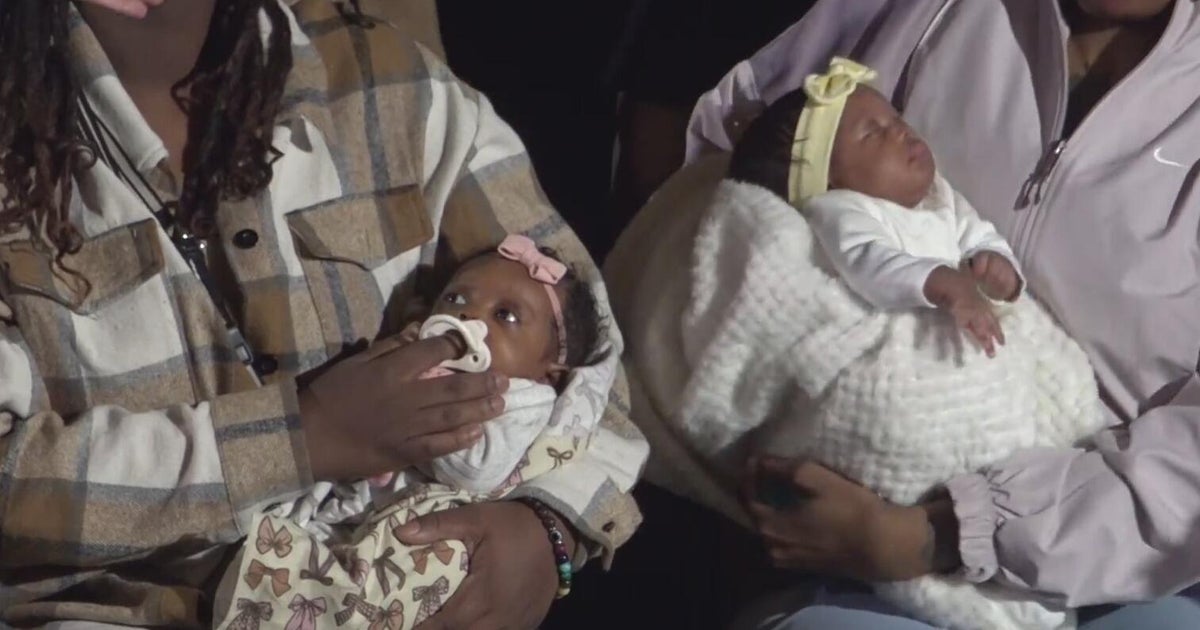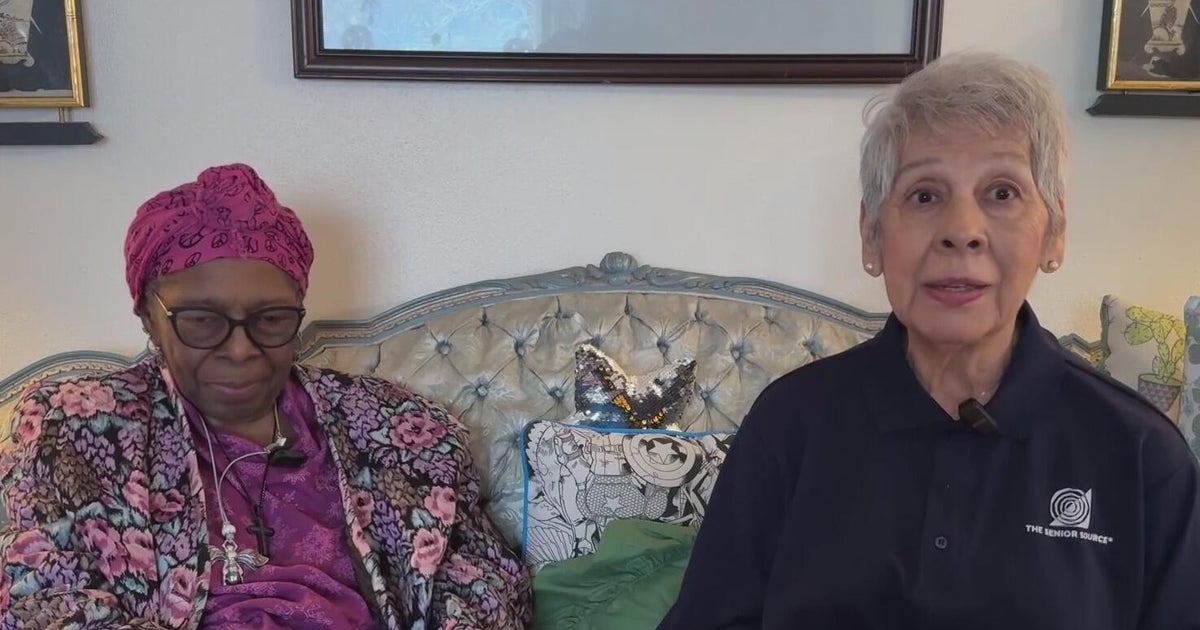Study: Parents Should Limit TV Time For Kids With Sleep Problems
CHICAGO (AP) -- If your preschooler can't sleep -- turn off the violence and nighttime TV.
That's the message in a new study that found sleep problems are more common in 3- to 5-year-olds who watch television after 7 p.m. Watching shows with violence -- including kids' cartoons -- also was tied to sleeping difficulties.
Watching nonviolent shows during the day didn't seem to have any connection with sleep problems in the 617 youngsters studied.
The study builds on previous research linking media use with kids' sleep problems, and also bolsters arguments for limiting children's screen time.
Watch video:
The American Academy of Pediatrics recommends no screen time for children up to age 2, and no more than 2 hours daily for older children. It also urges pediatricians to ask parents at every checkup how much their children watch television, including whether kids have TVs in their bedrooms, which the academy discourages.
Previous studies have found that at least one in four U.S. preschoolers have TVs in their bedrooms, and many families mistakenly believe that watching TV will help their kids sleep, said Dr. Michelle Garrison, lead author and a scientist at Seattle Children's Hospital Research Institute.
The government-funded study was released online Monday by the journal Pediatrics.
Overall, about 112 kids studied -- nearly one in five -- had one or more frequent sleep problems most days of the week. These included difficulty falling asleep, awakening repeatedly at night, nightmares, or daytime sleepiness.
See: American Academy of Pediatrics
Kids who watched the most nighttime or violent TV had the most sleep trouble. TV was the main source of screen time rather than computers or video games.
The study relied on parents' reports of kids' sleep difficulties and TV habits, and wasn't rigorous enough to tell whether TV caused sleep problems. It could be that poor sleepers might be more likely to watch TV; or family factors such as lax parenting could have been involved.
Experts said the theory that screen time causes sleep problems makes sense.
Dr. Dennis Rosen, a sleep medicine specialist at Children's Hospital Boston, said the research highlights a common problem.
"It certainly fits with what I see" at his sleep disorders clinic, Rosen said.
Young children go to sleep best with nighttime rituals that help calm them, including bedtime stories and cuddling with parents, said Dr. Marc Weissbluth, a sleep disorders specialist at Chicago's Children's Memorial Hospital and author of several books on healthy sleep habits.
TV can have the opposite effect, stimulating children, and if it's replacing that down time with parents, it can be unhealthy, Weissbluth said.
While some preschoolers still nap during the day, sleepiness late in the day or early evening at this age is a sign that children need to go to bed earlier at night, he said.
Lack of sleep "is as dangerous as iron deficiency" and can cause behavior difficulties, memory problems and academic struggles, he said.
Some findings for the children studied:
- Daily screen time averaged about 73 minutes, with 14 minutes after 7 p.m.
- Children with bedroom TVs watched about 40 minutes more TV daily
- About 60 kids averaged an hour or more daily of violent TV; 37 percent had frequent sleep problems vs. 19 percent who saw little or no violence.
- Almost 100 kids averaged more than half an hour of nighttime TV; 28 percent had frequent sleep problems vs. 19 percent who watched little or no nighttime TV.
Banning all screen time for children may be unreasonable, but the study suggests that just eliminating nighttime or violent TV might have an impact, Garrison said.
(Copyright 2011 by The Associated Press. All Rights Reserved.)







